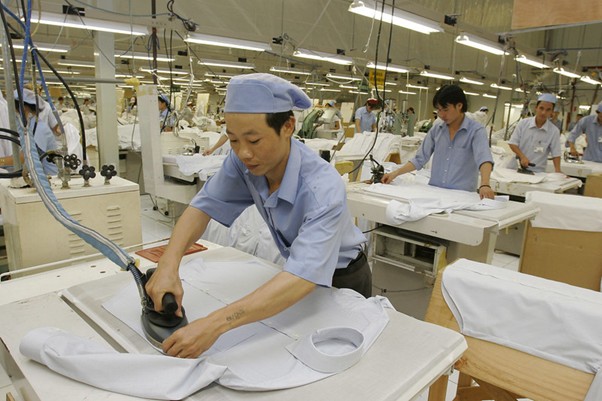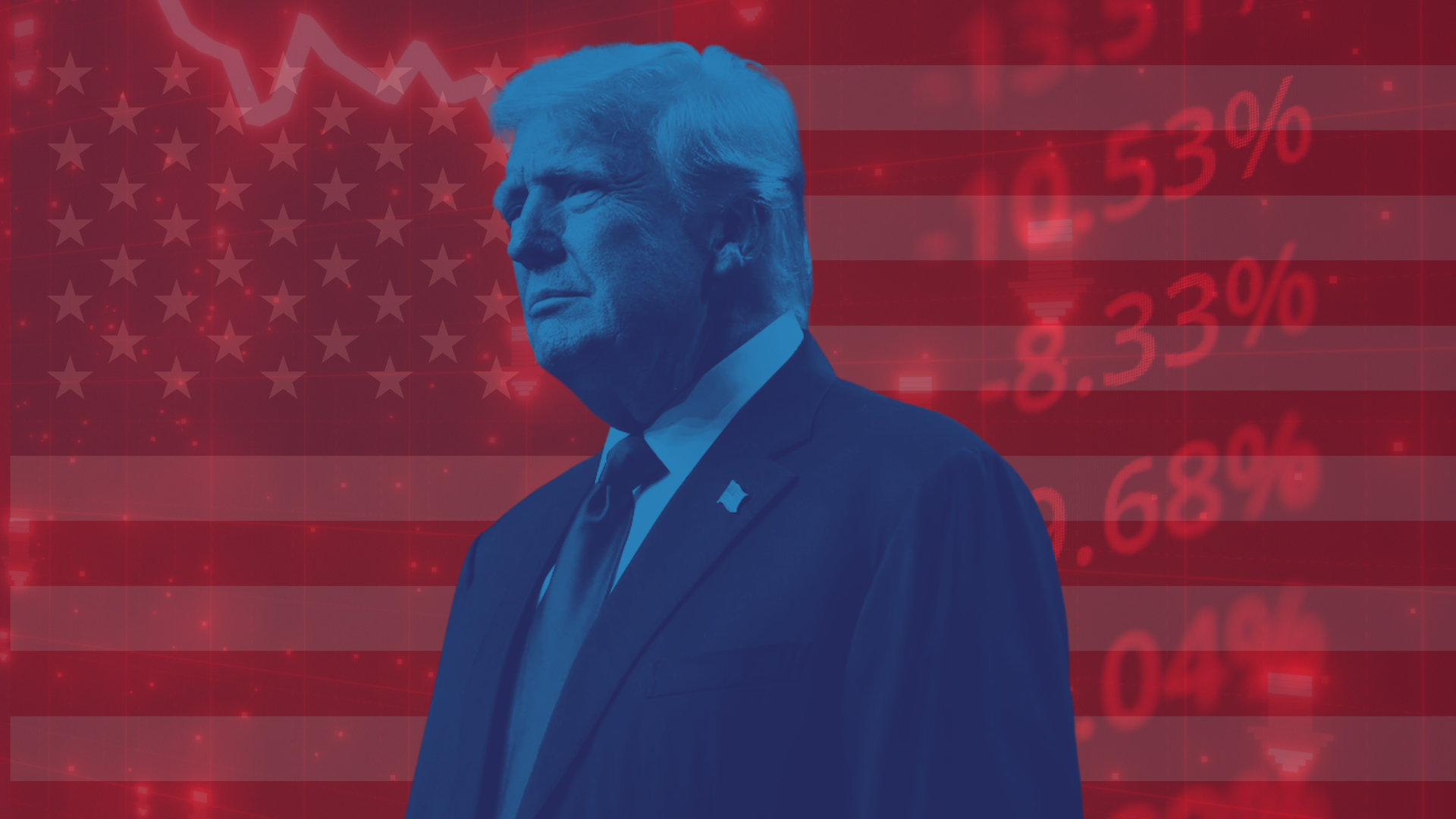The world in which free trade with the United States is taken for granted is over; that much is clear from Wednesday’s Liberation Day tariff announcements. What Trump had been saying pretty explicitely he was going to do with tariffs for the last 3 years became a reality on April 2nd. The event proved that that the hopes that investors had that those comments were just a (strong) negotiating tactic were seriously misplaced, and the stock market has reacted negatively across the board, with the Nasdaq entering a bear market and the S&P 500 over 17% down from its February 2025 all-time high. America’s Golden Era is off to a rough start.
Our view is that investors should get accustomed to that reality as soon as possible and not spend much time longing for times long past, but avoid panic and overreaction. If they are able to tune out the noise and think rationally in a moment of market turmoil, they would readily realize that although tariffs are, at least in the short term, likely to be a net negative for the overall global economy (as the IMF has suggested), they will not affect every industry and every company in the same way. It is in these moments, where market rationality gives way to the very human impulse for dramatism and overreaction, that clear-eyed, rational investors can outperform the market. Just think back to how well it went to those that remained put or even invested more in the aftermath of COVID or the Great Recession.

Will companies that manufacture most of their widgets outside the US, like Nike or Costco, have their margins affected? Absolutely (The Guardian clearly agrees). In some cases, significantly so. Given how much the US industrial base has shrunk over the last half-century, it stands to reason that most companies that import gadgets will have to reevaluate their sourcing and procurement product by product to insure they are sourcing their products at the lowest possible price from the right suppliers, and in some cases they will be out there looking for new ones, as some are already doing, per Reuters.
Now, is the massive drop over the past month in the shares of technology companies that don’t import much of anything and have monopoly-like market power in their markets, such as Meta (-21%) or Alphabet (-14%), justified? We don’t think so. Even the argument put forward by the New York Times on April 4th that their shares would be affected by a potential recession seems to be on weak footing. The services they provide for consumers, such as free entertainment, and for businesses, such as market tools for business of all sizes to generate new sales, could conceivably see even higher demand during a recession, a scenario in which consumers look to cut costs on paid entertainment and search for inexpensive alternatives and in which businesses have to spend to boost their sales. The Hollywood Reporter recently reported on the plausible scenario in which “low-cost” streamers and entertainment options could see higher, not lower, advertising demand during a recession.

In the end-of-week bloodbath, even the shares of healthcare companies such as Pfizer (PFE) and HCA Healthcare (HCA) dropped 5%+ on Friday alone, even though people will likely get just as sick with or without tariffs. Those kinds of indiscriminate drops represent opportunities for those that are willing and able to look deeper into individual stocks or more sector-focused ETFs. There is potential value in attempting to determine where the market may have overreacted or where the drops were driven by sell-offs of indexes or portfolio rebalancing rather than expectations of performance of particular companies or industries.
Our prediction is that tariffs will be partially absorbed at different percentages by the 3 main parties involved: The foreign suppliers, the US buyers and their end customers. How much by each? It will vary by each specific situation, each specific market and the market power of the different players. Our view is that US companies, wary of raising prices in a potentially recessionary environment, will squeeze as much as they can from their suppliers (or from new suppliers trying to outplay a competitor) to protect their margins. Per The Guardian, UK export businesses are already bracing for such a scenario.
If buyers have bargaining power compared to their suppliers, as they do in highly competitive industries such as the garment industry, then foreign suppliers will likely see their margins significantly reduced and the US buyer will not have to raise prices as much to maintain healthy margins. If they don’t have much bargaining power, then they will have to raise prices and have their customers absorb a higher percentage.

Historically, in industries where margins are squeezed, consolidations typically follow as the strongest among the affected firms aim to scale and gain negotiating power. Given the deregulatory, relatively more M&A friendly attitude of the Trump administration, M&A could pick up in such industries. If tariff retaliation materializes, then there could be a push for consolidation in politically sensitive industries that have been targeted in the past, such as agriculture, as China is reportedly planning to do, or, with the rise of Elon Musk within Trump world, even the electric-vehicle ecosystem.
Even Private Equity firms could step into the M&A fray, seeing potential value creation opportunities in struggling public companies or the potential for consolidation in a market to create stronger players. Increased M&A at financial conglomerates such as JP Morgan or Citi could potentially cushion weakness in other areas of their businesses. That would be good news for their shareholders, who have seen the value of their shares decline ~13% and ~16%, respectively.
While certainly there is little clarity of what will happen to the S&P 500 as a whole, it’s clear to us that there are opportunities for significant upside for the clear-eyed investors who can look beyond the red and distinguish the potential winners, losers and the unaffected in this new market reality.








